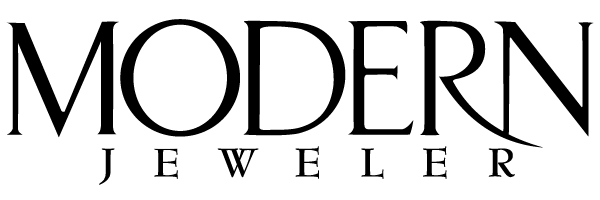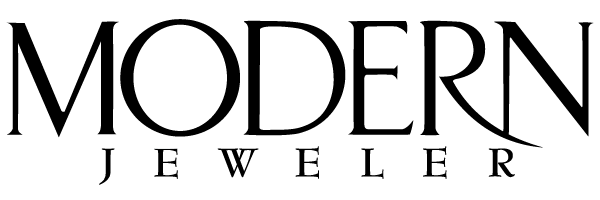New research from ecommerce provider ESW highlights a significant sensitivity among U.S. consumers to pricing changes driven by tariffs.
According to ESW’s “Impact of Tariffs on Purchasing Decisions” study, 60% of American consumers are unwilling to absorb price increases above 10% resulting from tariffs.
The findings reflect increasing consumer sensitivity to pricing, amid ongoing geopolitical and economic developments affecting global trade. ESW’s data indicates that beyond discounts and promotional offers, consumers increasingly expect free shipping, loyalty incentives, and clear communication regarding pricing in exchange for continued engagement.
Generational Shifts in Spending Habits
The study highlights divergent generational responses to inflationary pressures. “Market volatility and increased costs due to tariffs are causing U.S. shoppers to change their spending habits,” said Eric Eichmann, Chief Executive Officer, ESW. “Our data finds that younger, Gen Z consumers are far more likely than older Boomers to feel unprepared for price hikes, and have already curtailed their spending in anticipation.
As global retailers and brands strategize to offset these new developments, they must prepare to offer more perceived value, price transparency, and flexibility in order to retain brand equity and loyalty.”
Gen Z shoppers are advancing purchases of higher-priced items, such as electronics, to avoid potential price increases. In contrast, Boomers appear more inclined to cut spending on imported goods, with 54% indicating they may stop buying certain categories altogether if tariffs increase prices.
Millennials show the highest rate of planned spending reduction, with 78% saying they will cut back overall. The use of alternative payment methods also appears generationally influenced—Millennials are 36% more likely than others to prefer Buy Now, Pay Later (BNPL) options, even when it results in higher total costs.
Discretionary Categories at Risk
Tariff-driven price increases are likely to affect discretionary spending more than essential categories. Electronics, apparel, accessories, and home goods are among the most impacted, with 68%, 61%, and 51% of consumers respectively planning to reduce purchases in these categories. In contrast, groceries and pet supplies are viewed as essential, with 33% of respondents indicating continued spending on pet supplies regardless of tariff-related cost increases.
Demand for fine jewelry and other luxury goods—typically considered discretionary—could be affected by these shifts in consumer behavior. Retailers importing finished goods or raw materials affected by tariffs may need to reassess how price sensitivity will impact demand.
Global Trends in Cross-Border Shopping
ESW’s global findings, collected through its broader Global Voices survey of over 18,000 consumers across 18 countries, reinforce a shift toward cross-border ecommerce. Nearly half of consumers purchasing goods internationally said they do so because the total cost, including taxes and shipping, was lower than domestic alternatives. Additionally, 25% of luxury brand purchases occurred outside consumers’ home countries.
Jewelry retailers operating internationally may need to prioritise pricing and cross-border logistics to maintain competitiveness. According to the survey, 40% of consumers believe online shopping is less expensive than buying in-store.
Sustainability and Ethical Considerations Remain Secondary to Price
Despite increased awareness of environmental and ethical production concerns, pricing remains the primary driver. Over half of consumers surveyed said they are unwilling to pay more for sustainable products, even as many consider environmental and ethical factors when making purchases.
Outlook for 2025
Looking ahead, 32% of consumers plan to reduce online spending in 2025. The top motivators include a desire to save money (58%), general economic concerns (36%), and the rising cost of essential goods (32%).
Jewellers may need to adapt to changes in consumer spending by focusing on pricing transparency and offering flexible payment options.
To learn more, visit ESW




